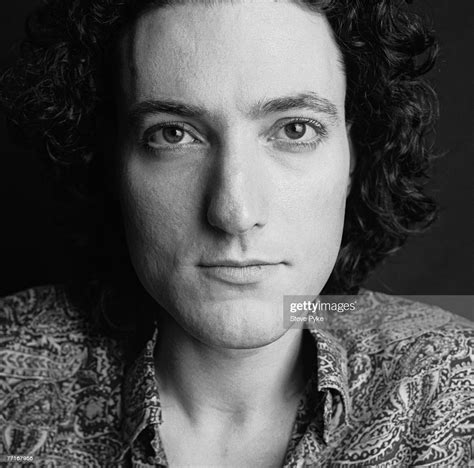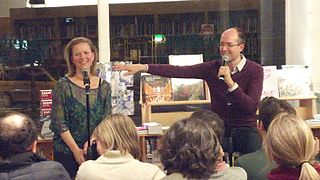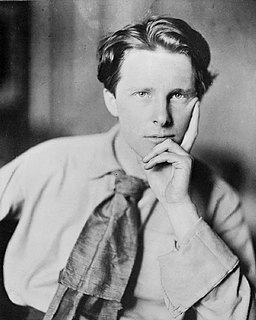A Quote by Janet Fitch
I always read poetry before I write, to sensitize me to the rhythms and music of language.
Related Quotes
I had a teacher once who said, "If you are going to write fiction, you should only read poetry." I have always been interested in the writers who care about their sentences and who really work on that level. I have always said that I hate writing, I love revision. So, the language is really important to me. And the comedy and the horror that come out of the language.
Poetry transcends the nation-state. Poetry transcends government. It brings the traditional concept of power to its knees. I have always believed poetry to be an eternal conversation in which the ancient poets remain contemporary, a conversation inviting us into other languages and cultures even as poetry transcends language and culture, returning us again and again to primal rhythms and sounds.
I studied piano from the age of three. My grandmother taught piano. I stayed at her house during the day while my parents worked. I obviously wanted to learn to play. And so she asked if she could teach me, and my mother said don't you think she's too young. My grandmother apparently said no. So I could read music before I could read, and I really don't remember learning to read music. So for me it's like a native language. When I look at a sheet of music, it just makes sense.
I had no one to help me, but the T. S. Eliot helped me. So when people say that poetry is a luxury, or an option, or for the educated middle classes, or that it shouldn’t be read at school because it is irrelevant, or any of the strange stupid things that are said about poetry and its place in our lives, I suspect that the people doing the saying have had things pretty easy. A tough life needs a tough language – and that is what poetry is. That is what literature offers – a language powerful enough to say how it is. It isn’t a hiding place. It is a finding place.



































